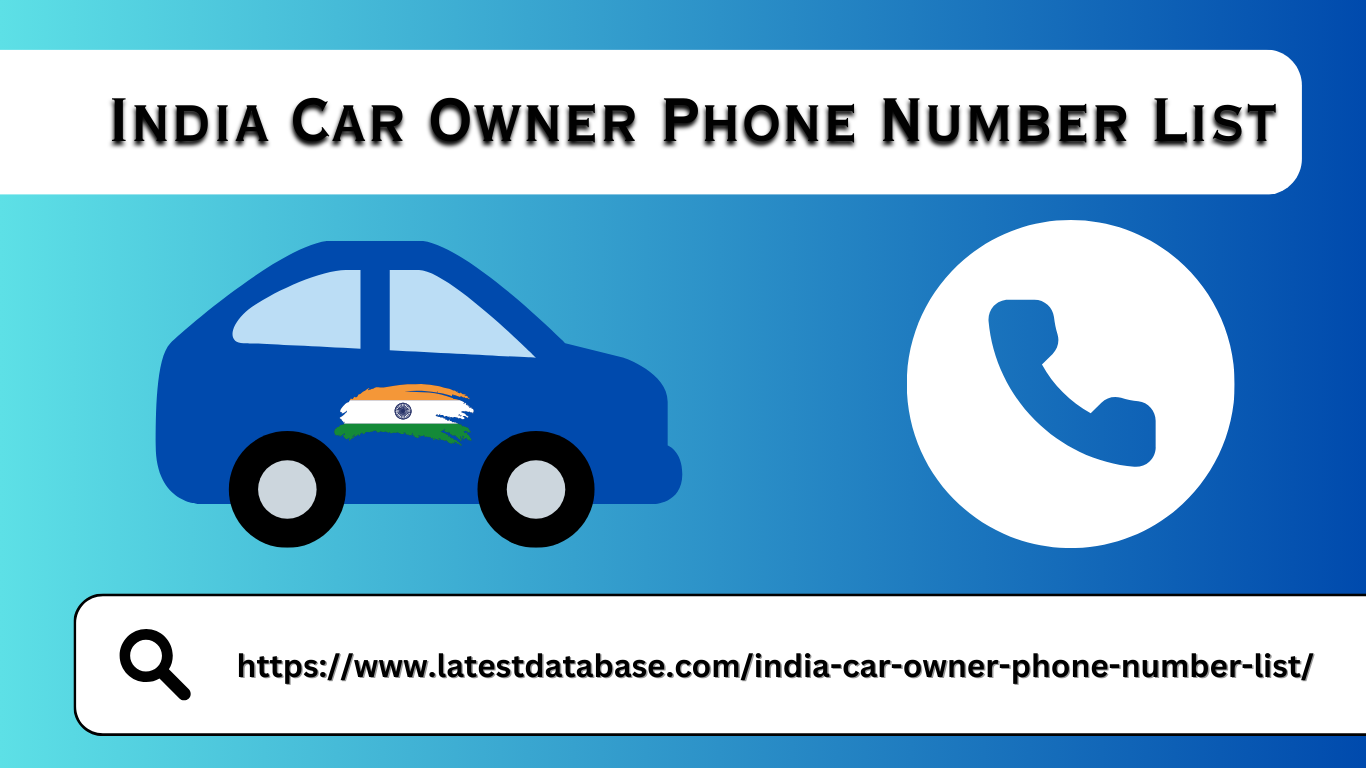|
|
Page visibility, ranking, and organic traffic: Choose the right keywords to target. How to choose target keywords for a specific page? Most people turn to free or paid keyword tools, and checking a keyword’s search volume, potential traffic, and keyword difficulty are all important factors in making a decision. However, if attention does yield better results, there is one more factor to consider: the purpose of the search. Search intent is the reason why a user makes a request. Those ones. Why they want to see them in your content after entering a search query. Are they looking for research on the topic or want to compare products and buy something? When your content meets a user's search query, they will stay on the page and interact with it longer. This will affect behavioral factors (dwell time and bounce rate) and tell Google whether your page is relevant to a given search query
Relevant, valuable enough, and worthy of a higher ranking. What types of search targets are there? Informational. Users set out to find and read information about something: keywords and words like “what,” “how,” “how,” “tips” in content titles are all indicators of this intent. navigation. User Pas India Car Owner Phone Number List for a specific page by entering the brand name or author into Google Search. commercial. Users visit search engines to conduct research before purchasing. Words like "Up" or "Best" are indicators of commercial intent. Transactional. Users come to buy things. Words such as "buy", "register", "download" etc. reveal this intention. Based on the search intent behind your target keywords, it’s important to write and optimize your content accordingly. The easiest way to understand intent is to enter your target keywords into Google and look at the SERP results: Check word indicators to see what types of content dominate and structure your page accordingly: What content, listings, actions How-to article or something else? Check out the People Also Asked section: What type of content do you see there? Like a boss

Place your target keywords like this. Keyword frequency and correct keyword placement is a never-ending debate among SEO professionals. Some people insist on placing the target keyword in the title and throughout the text to avoid overcrowding, while others are not afraid to use it as often as possible. Here’s the thing: You can place keywords multiple times in your content to let Google know that your page is relevant to that topic. real. What are these times? Where to place your target keywords to satisfy Google, avoid keyword glut, and take full advantage of SEO for growth? URL (also keep it short to improve rankings and get more clicks). SEO Title and Description H within the first word of the text (Google will place more weight on terms at the top of the page.) Once you get into the H or H in the last paragraph of your text consider alternative keyword types A decade ago, Google placed throughout your content Product keywords and short-term keywords are enough to improve page ranking. This trick doesn't work today: Google Now
|
|